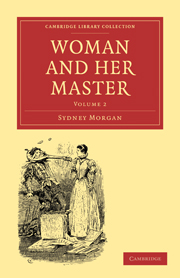Summary
The empire, on the death of Caracalla, and under the sudden and transient usurpation of Macrinus, resembled some enormous and untrustworthy bark, struggling for existence amidst the rage and fury of contending elements, straining against the storm, tossed by the swell, and torn and dismantled, beyond the science or power of its commander to right or save it. Yet, beneath the tempest of destructive events, which was sweeping over the surface of society, there flowed on an under-current of history, winding its way to posterity, (though but by a thread,) like the subterranean streamlet, which the earthquake above disturbs not in its course.
Marcus Macrinus, an obscure native of Algiers, who had passed through the grades of gladiator, notary, lawyer, and prefect, ascended the throne through perfidy and murder. He was still in Syria, and had scarcely felt himself an emperor, amidst the antagonist interests and discontents of the army and the senate, when a conspiracy of women, “concerted with prudence and conducted with vigour,” hurled the false and feeble usurper from the elevated point to which crime and cruelty had led him; and added another page to the history of the intellectual activity of the sex, by which the destinies of mankind have been so often covertly influenced.
After the murder of Caracalla, and the death of the Empress Julia Domna, her sister, Julia Maesa, was ordered by the Emperor Macrinus to leave the court and city of Antioch.
- Type
- Chapter
- Information
- Woman and her Master , pp. 275 - 308Publisher: Cambridge University PressPrint publication year: 2010First published in: 1840

